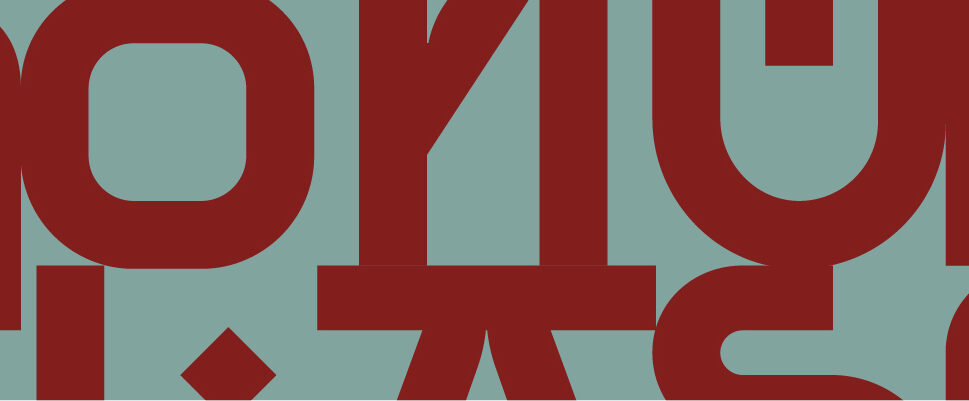Monumentøclasm: Anticolonial Imagination Workshop

The aim of this workshop, held in October and November of 2021, was to connect the creative and critical practices, debates and forms of activism reshaping monumental landscapes in various places around the world to the Greek context. What would it take to recognize –and call out– the reciprocal relations and mythologies linking the Greek nation-state to Europe’s colonial legacies? A slaveowner honored as a Philhellene? The ethnic cleansing undertaken by a national hero?
At the same time, we sought to illuminate Greek traditions of defacement –both political and artistic– as modalities of political action and historical reckoning. We considered the many ways in which social invisibility and inaudibility is produced and maintained by the state-sanctioned monumental backdrop. We asked how developing an anticolonial imagination requires honing our attention on the sights, sounds and movements of lived Athenian public space and, more broadly, Balkan and Mediterranean routes.
How might we bring into relief the traces of ad hoc people’s memorials commemorating those killed by the state and “sovereign citizens” – the accretions, assemblages, occupations in physical and digital space crowdsourced by mourners that counter the constitutive exclusions and repressions of the official monumental order? How might we use this material to reimagine and design emancipated monuments –speculative, ephemeral, nomadic and transformative, rather than “set in stone”– recognizing unrecorded and unreckoned losses, potential histories, everyday heroism of solidarity and coexistence, inclusive futures?
In short, monumentøclasm is about exposing the unrepented crimes of nationalism and internalized colonization, hidden in plain sight beneath the mantle of European propriety, law and order. It is also about breaking the colonial legacies of our epistemologies that have created borders between scholarship and activism, documentation and speculation, past and present, realism and art.


